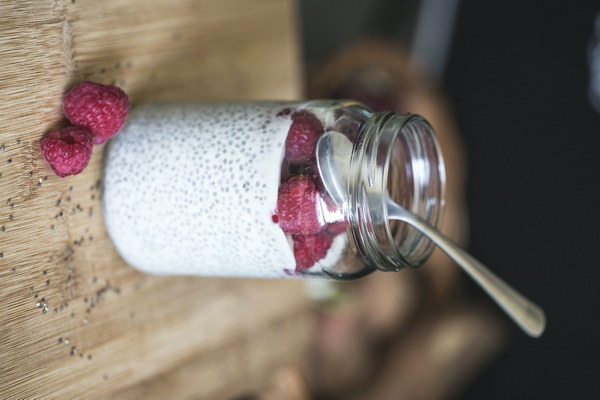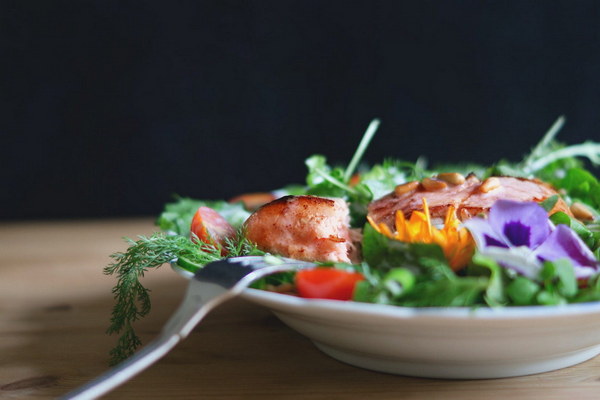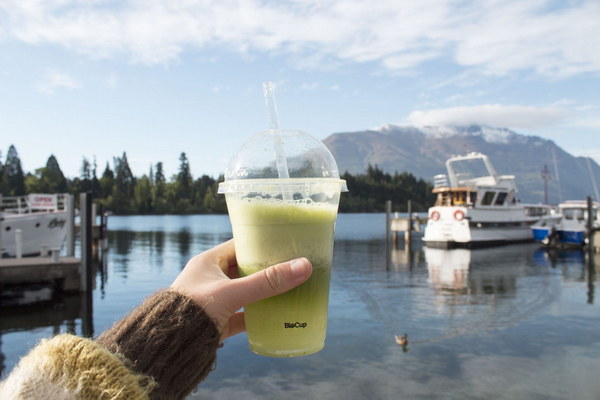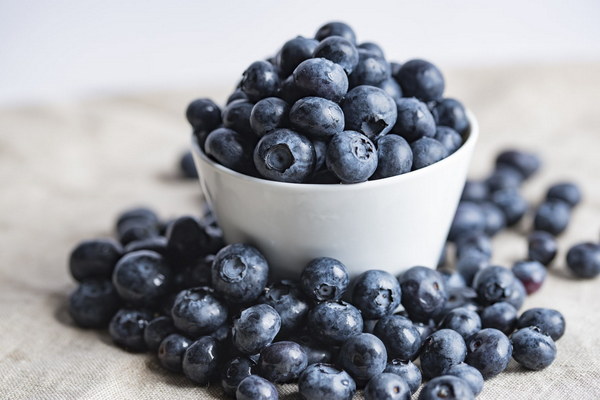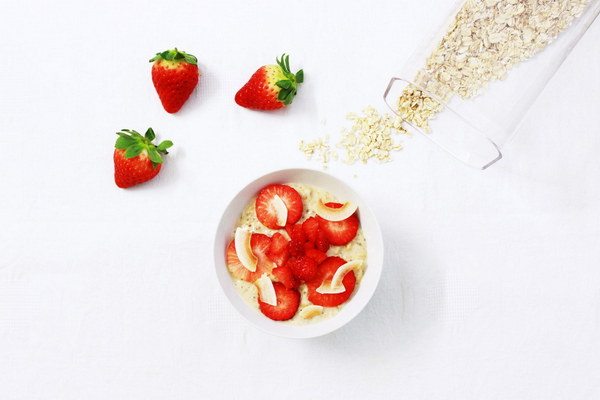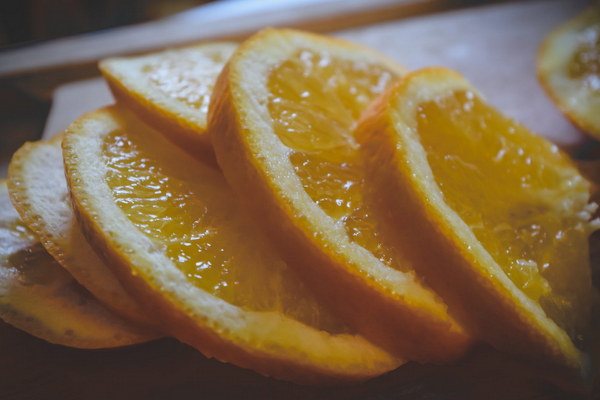Does Eating Pears Benefit a Babys Lungs
Eating pears has long been associated with various health benefits, and many people believe that it can help in maintaining respiratory health. But the question arises: does eating pears actually benefit a baby's lungs? Let's explore this topic further to understand the potential benefits and considerations for including pears in a baby's diet.
The Nutritional Value of Pears
Pears are rich in essential nutrients that can contribute to a baby's overall health. They are an excellent source of dietary fiber, which aids in digestion and helps prevent constipation. Additionally, pears contain vitamins A, B, C, and K, as well as minerals like potassium, copper, and magnesium. These nutrients are crucial for a baby's growth and development.
Benefits of Pears for Respiratory Health
Pears have been traditionally used to soothe sore throats and alleviate respiratory issues due to their hydrating properties and natural sugars. Here are a few ways in which pears may benefit a baby's lungs:
1. Hydration: Pears have a high water content, making them a hydrating food option. Adequate hydration is essential for maintaining healthy respiratory passages and preventing respiratory infections.
2. Mucolytic Properties: The natural sugars in pears have mucolytic properties, meaning they can help thin and loosen mucus in the respiratory tract. This can make it easier for a baby to cough up the mucus, thereby reducing the risk of respiratory infections.
3. Antioxidants: Pears contain antioxidants that can help combat inflammation and oxidative stress in the body. By reducing inflammation, pears may contribute to better lung function and overall respiratory health.
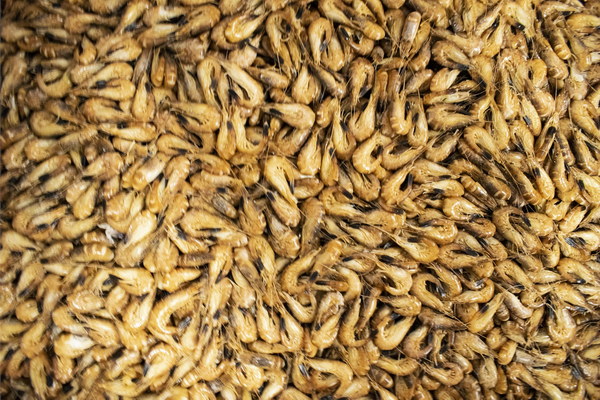
When to Introduce Pears to a Baby's Diet
The American Academy of Pediatrics (AAP) recommends introducing solid foods to babies around 6 months of age. When introducing pears to your baby's diet, consider the following:
1. Peeling: Always peel pears before offering them to your baby, as the skin may contain pesticides and bacteria.
2. Size: Start by offering a small piece of ripe pear, finely mashed or pureed, to ensure that your baby is not allergic to the fruit.
3. Allergy Testing: If your baby has a known food allergy or if there is a family history of allergies, it is advisable to consult with a pediatrician before introducing pears.
4. Observation: Keep an eye on your baby for any signs of an allergic reaction, such as hives, difficulty breathing, or vomiting, after introducing pears.
Conclusion
While there is no scientific evidence to prove that eating pears can directly benefit a baby's lungs, the nutritional value of pears and their hydrating properties make them a healthy addition to your baby's diet. However, it is essential to introduce pears to your baby's diet gradually and with caution, considering any potential allergies or sensitivities. Always consult with a pediatrician before making significant changes to your baby's diet.
By incorporating pears into your baby's diet, you can provide a variety of nutrients that support their overall growth and development, including potential respiratory health benefits. Remember to offer pears in moderation and as part of a balanced diet for your little one.
